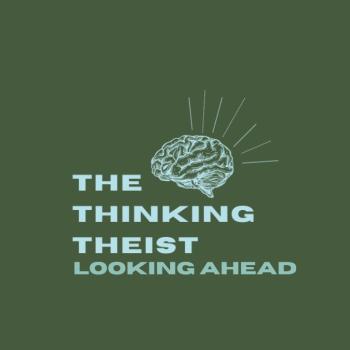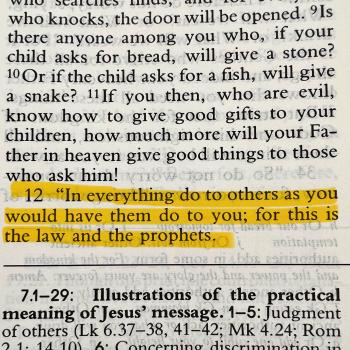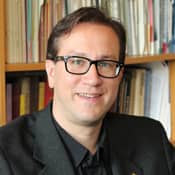Editors' Note: This article is part of the Patheos Public Square on Moving Past Hatred. Read other perspectives here.
Not all religious and ideological traditions contribute equally to the challenges that arise from hatred in this world. Since no faith is monolithic, we should aim to never stereotype people; in practice, as religion scholar Justin Barrett points out, individuals who identify with any particular tradition are all over the map in terms of what they actually believe and how they relate to others. But do Quakers and Ethical Culturists have a better record of cultivating peace and forgiveness than Islamists and fundamentalist Christians? Let's not be afraid to speak the truth. They do. And it behooves us to look at some of the reasons if we want to move past hatred in our world community.
Humanists, Unitarian Universalists, Quakers, Buddhists, Ethical Culturists, and others tend toward peace and love instead of conflict and hate because they share a common commitment to empathy. In fact, what defines humanism is knowledge based in reason, combined with the compassion and egalitarianism that flows naturally from empathy.
Empathy is the capacity to recognize and share feelings experienced by others. Our human history of moving away from violence (as demonstrated by Steven Pinker in Better Angels of Our Nature) can be explained in part by this virtue. As people came to know each other better with the advent of cities, transportation opportunities, and online communications, we realized that we all strive to avoid suffering and seek happiness—not only for ourselves, but for others as well.
By walking in another's shoes, we gain insights into perspectives other than our own. When trying to muddle through a complex concept, this helps us step outside our preconceptions and personal limitations to see an idea from another's viewpoint. Through empathy, we learn what it feels like to experience realities we haven't even faced, giving us a chance to learn from trial and error without the trial. That's a tremendous advantage.
In 1933, Albert Einstein wrote, "There is one thing we do know: that we are here for the sake of others—above all for those upon whose smile and wellbeing our own happiness depends, and also for the countless unknown souls with whose fate we are connected by a bond of sympathy. Many times a day I realize how much my own life is built upon the labors of my fellows, and how earnestly I must exert myself in order to give in return as much as I have received." Thinking about Einstein's insight, it's critical we recognize that we live on this one world as one people. Politically, it discourages chauvinistic nationalism and supports international cooperation. Religiously, it supports interfaith dialogue and collaborations across theistic boundaries. And socially, it helps us feel bonds of connectedness that transcend divisive tribalisms.
We all have reason to be optimistic. We are constantly expanding the "us" and shrinking the "them." Beginning in ancient history's extended family clans, and then furthering into extended tribes, humanity gathered into agrarian communities, then city-states, then nations. In recent times, the concept of multinational governments such as the European Union is the next stage. This trend toward common humanity is humanistic because it's an ever-widening of the circle of "us" and a constantly shrinking circle of "them." If this life is all we have, and we're all of equal worth, it's no longer ethically acceptable to allow millions to suffer without our assistance. As we each explore ways of making our lives better, an essential component of success for ourselves is working to make conditions better for others. When we realize that all humanity in harmony with our environment is the true "us," we can achieve humanistic progress not before contemplated.
By promoting increased dialogue between conflicting parties and attempting to address their needs with the ultimate goal of a peaceful reconciliation, we can end much of the unnecessary violence that plagues our world and slows our development. We can end the slaughter of one religious group by another and stop the desire for brutal political retribution handed down from one generation to the next in violent warzones. By embracing empathy and overcoming religion and politics' exceptionalist tendencies, we can realize that we are one people living in one world. Only then can we truly give peace a chance, thereby giving humanity its best chance at ascending beyond mere survival.
10/13/2015 4:00:00 AM





